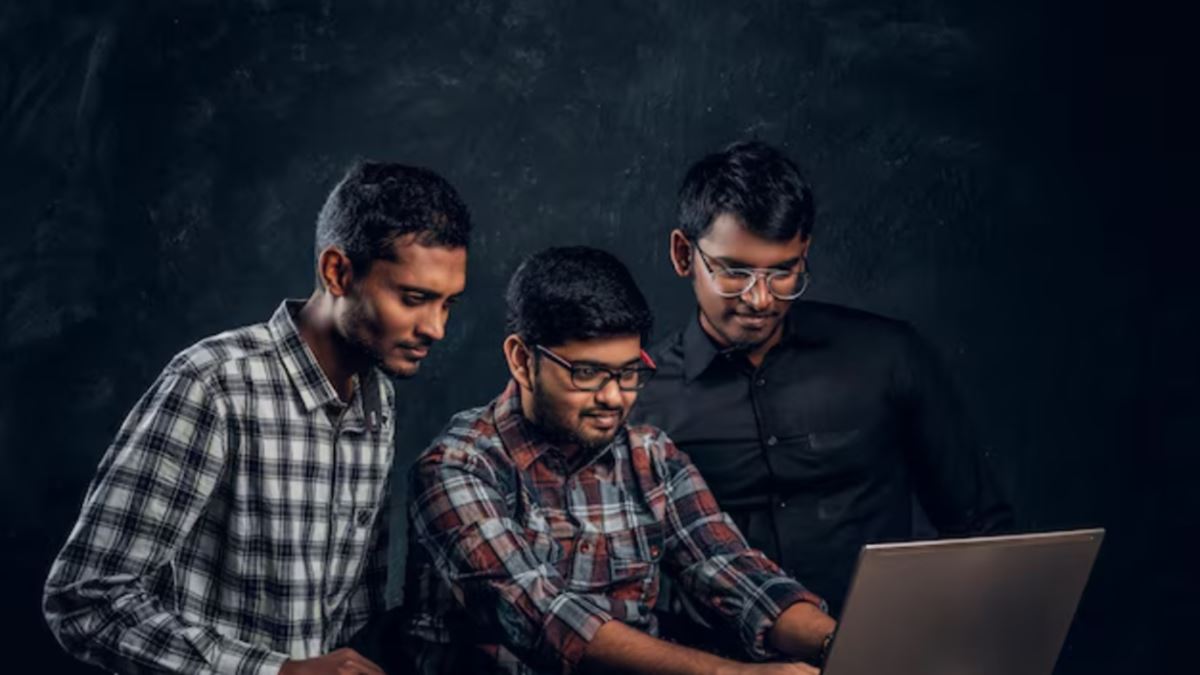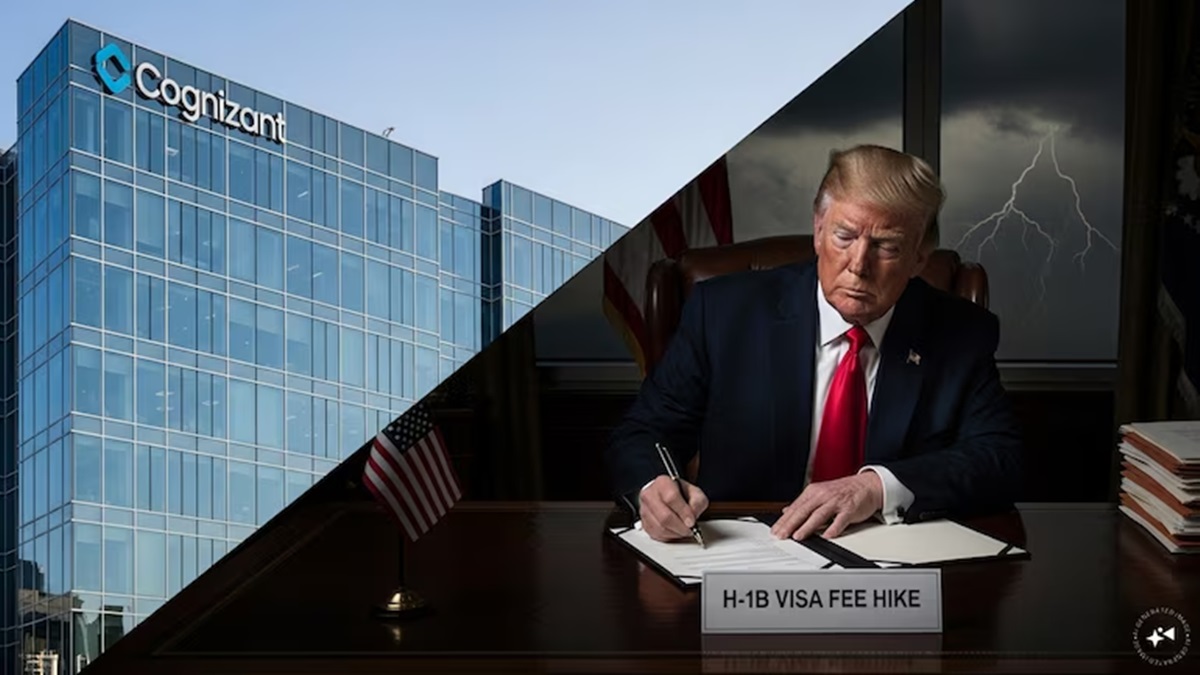A Reddit post by an Indian student pursuing a PhD at the University of Texas at Austin has triggered a wave of discussion among Non-Resident Indians (NRIs) about the trade-offs between chasing the American dream and returning home to a stable life in India.
The user, who joined UT Austin’s fully funded PhD program in chemical engineering this fall, shared his dilemma, “Settling down in the USA was my long-term dream. But seeing the current political landscape, I’m not sure if it’s a wise decision to stay,” he wrote, adding that while he could save between $1,000 and $1,300 monthly, he was reconsidering his future amid growing uncertainty.
He explained that he also had the option to return to his previous job in Bengaluru as a software development engineer with a fixed annual pay of ₹17 lakh. Having completed his master’s degree from an old IIT and with two years of work experience, the user said he was torn between continuing his PhD journey or coming back to India to secure his career path early.
“I’m mostly worried if I stay in the USA away from family for 5 years and I’m unable to work, then I’ll be starting as a fresher in India, where PhDs don’t get paid a lot,” he wrote. “Meanwhile, I could be in a very good position as an SDE in India with 5+2 years of experience.”
The post quickly gained traction, resonating with many NRIs, who faced similar crossroads between career aspirations abroad and family responsibilities back home.
One Redditor advised the user not to abandon his PhD dreams, “You should stay back in the US in my opinion. If you want, you can return to India as a professor and skip the rat race. UT Austin PhD is a rare opportunity — don’t skip it for Indian IT jobs.”
Another user pointed out the potential immigration advantages of pursuing a doctorate in the US, “If you’re doing a PhD, you shouldn’t face a lot of immigration issues. EB1 — and you can get a green card fast.”
The thread highlighted a recurring debate within the Indian diaspora — whether long-term stability, family proximity, and emotional comfort outweigh the academic prestige and opportunities that come with building a career abroad.
For many, the post became more than a personal question — it reflected the broader anxiety among young professionals navigating global mobility, identity, and ambition in a shifting political and economic landscape.




















